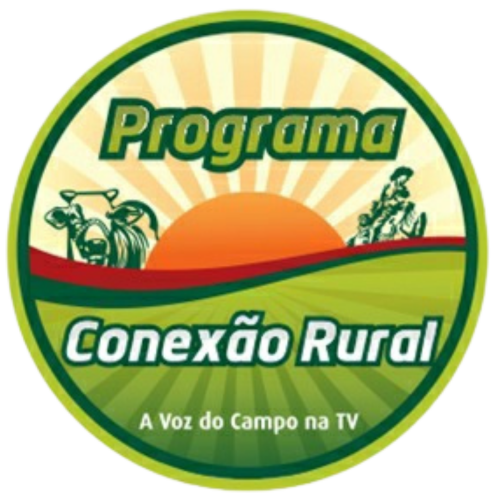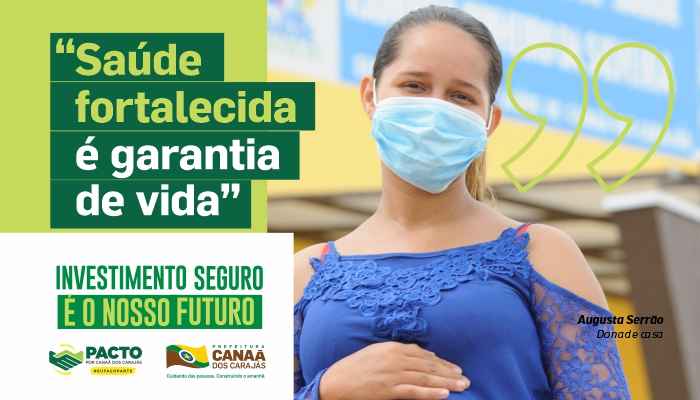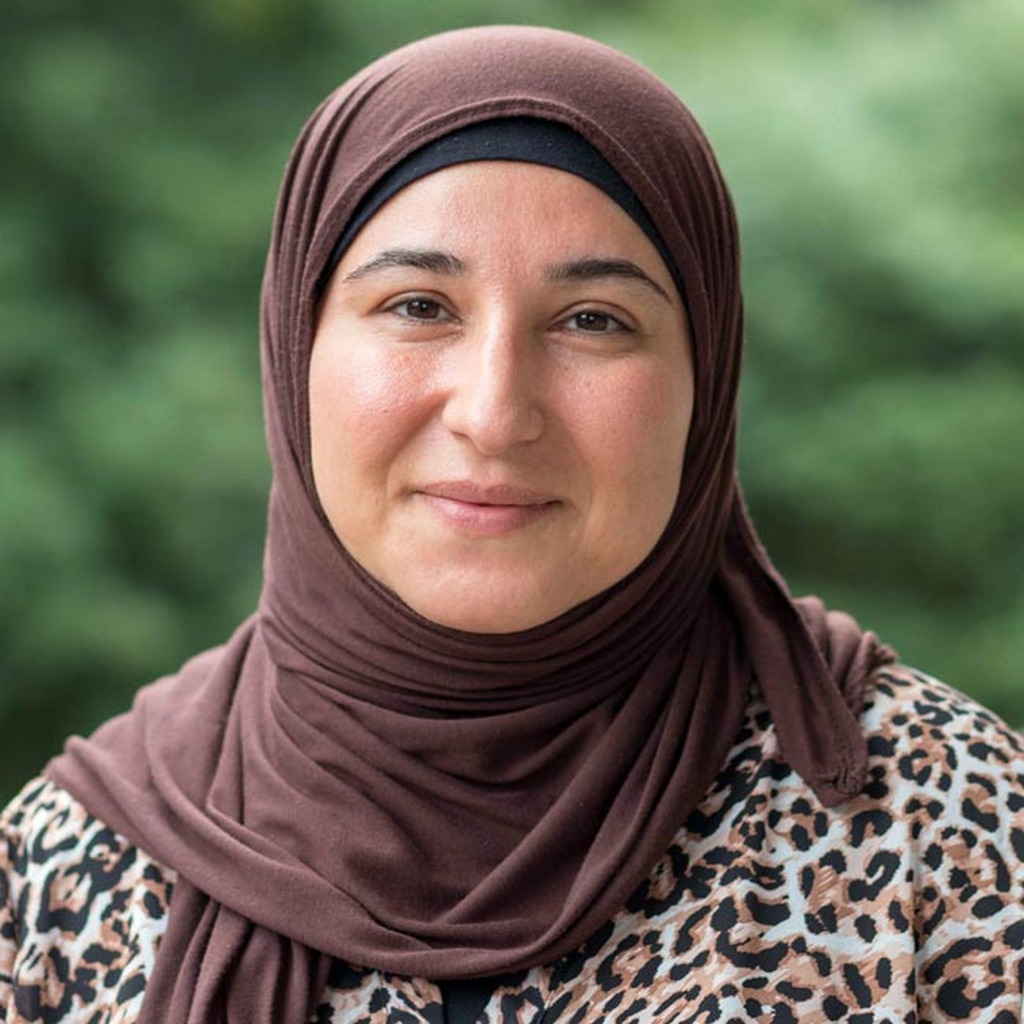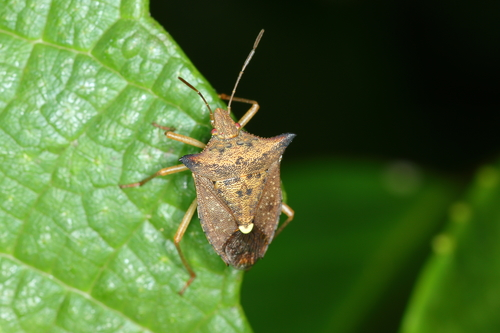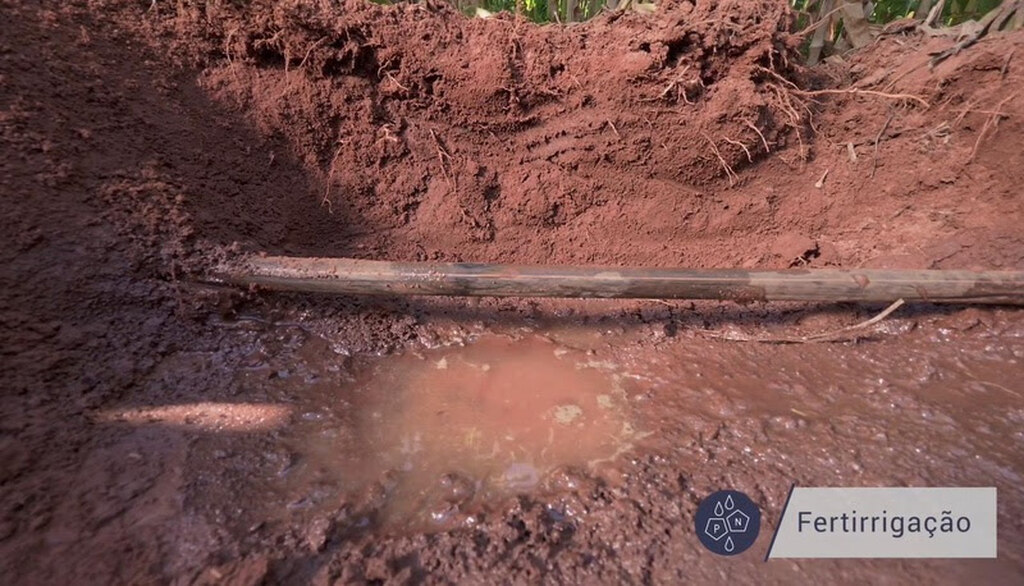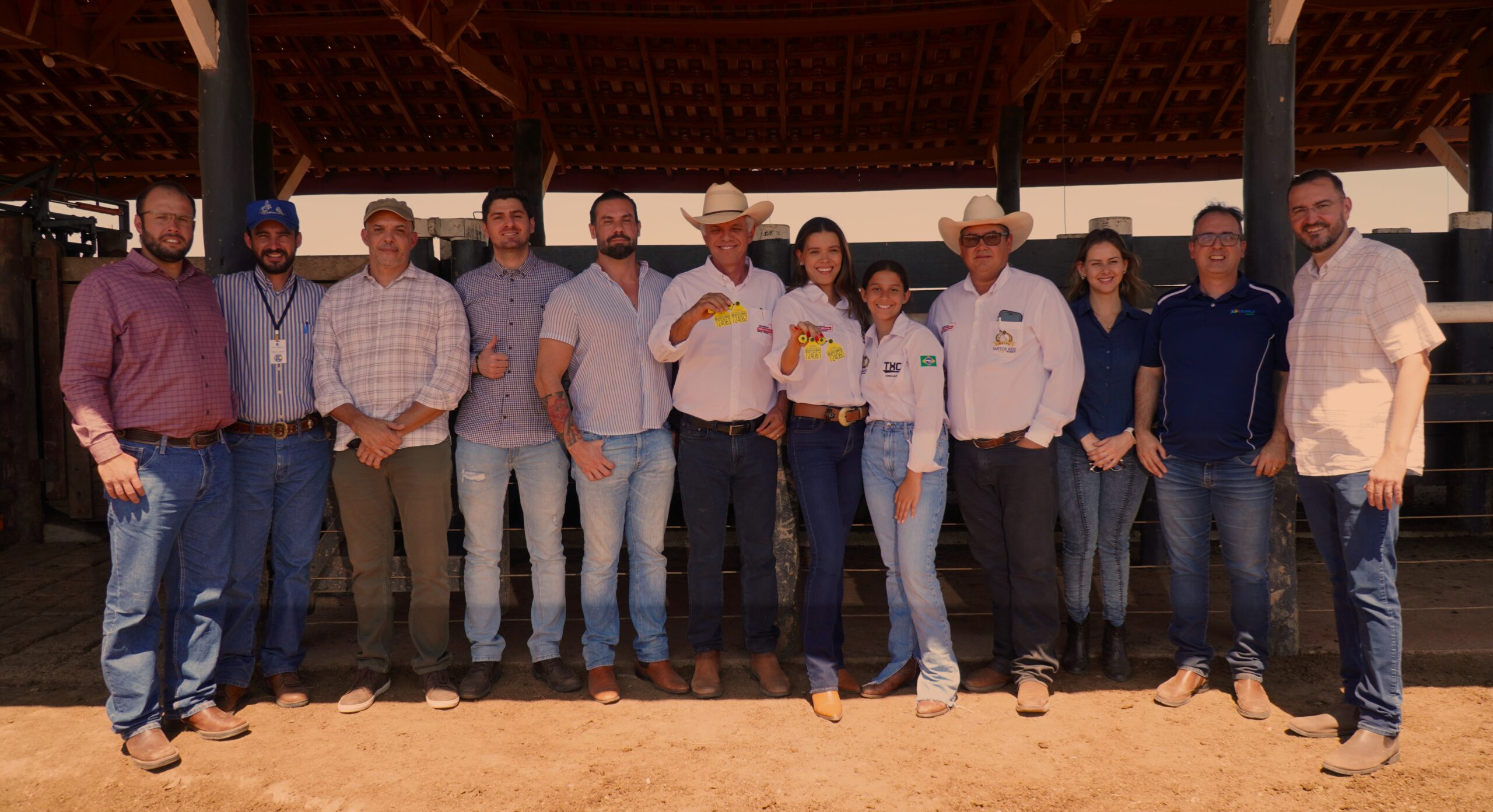
The Individual Traceability Project in livestock, inaugurated this Wednesday in Rio Maria (PA), represents a pioneering endeavor in Brazil, catapulting Pará to the forefront of animal tracking with a steadfast commitment to sustainability – a demand that resonates profoundly in foreign markets, particularly in Europe. The groundbreaking “ Individual Traceability Project for Indirects Monitoring ” was ceremoniously introduced on the 20th of July, marking a momentous occasion not just for Brazil but conceivably the world. The event unfolded at Chácara Umary, a property owned by the entrepreneur and esteemed cattle breeder, Mr. Roberto Paulinelli, of Rio Maria Meatpacker. Present at the event were representatives from partner companies involved in the project, as well as ranchers and members of the Paulinelli family.
The PRIMI (Individual Traceability Project for Indirects Monitoring) initiative is a collective effort, led by a group of expert partners including Rio Maria Meatpacker, Mr. Roberto Paulinelli, Niceplanet Compliance Consulting and Technology, SBCert, Durli Leathers, Itaú Bank, and Andrade Yamashita Consulting, each bearing crucial responsibilities within the project’s framework.
During the event, a highlight moment occurred when Mr. Roberto Paulinelli, with the support of collaborators, carried out the first tagging procedure on calves procured from the livestock breeder Mrs. Neila Leonel of Fortaleza Ranch. Speaking about the project’s significance, she expressed her elation and pride, stating, “I am deeply honored to be the first cattle rancher to partake in this vital socio-environmental initiative taking root in Pará. This is a remarkable step forward for our region, and it fills me with immense satisfaction to be part of this historic launch.”
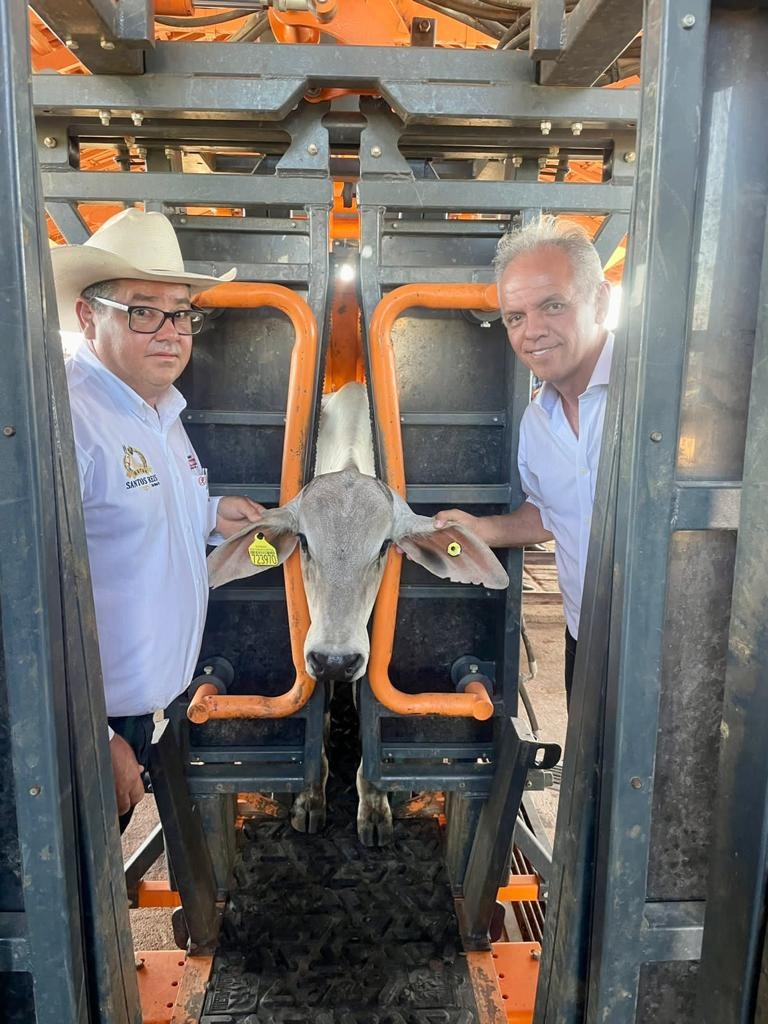
Historical day
According to Mr. Roberto Paulinelli, “The protocol can be universally applied across any Brazilian state, as it draws from the SISBOV foundation and synergizes with the analysis of socio-environmental criteria as established in TAC’s, the “Boi na Linha”protocol from Imaflora, and long-standing commercial agreements.” The impetus for the project stemmed from the government of Pará’s efforts to implement the Green Seal for tracking animals, as global demand, especially from Europe, has necessitated a stringent verification of product origin. The project’s genesis was bolstered by Paulinelli’s association with Mr. Jordan Timo Carvalho, director of Niceplanet, culminating in a collaborative effort to enhance and elevate the realm of traceability in livestock. While meat purchases from Rio Maria Meatpacker had been traced before, the Indirect Livestock Traceability Project now ushers in a transformative era for the better.
Mr. Rafael Andrade, Director of Andrade Yamashita Consulting and expert in beef and leather supply chains developments’, illuminated the project’s primary objectives: “To implement procedures that enable individual traceability of cattle while socio-environmentally monitoring indirect suppliers of meatpacking industries. (Indirects are farms that transit, raise and fatten the calves from birth and later sell them to slaughterhouses.).” He further articulated his aspirations, stating, “We dream of propelling Brazilian livestock production to meet the heightened international requirements encompassing traceability, animal welfare, deforestation, and forced labor. This moment marks a historic milestone, and we exultantly partake in Mr. Paulinelli’s vision, along with the farmers and slaughterhouses, as we embrace sustainable livestock practices in Pará and proudly showcase complete traceability of our products to the global stage.”
As a project partner, Mr. Jordan Timo Carvalho, the managing partner of Niceplanet Compliance Consultancy and Technology, accentuated how the initiative stands to benefit the entire livestock sector, proffering a viable solution to the vexing issue of traceability with a focus on sanitary and socio-environmental concerns. In today’s world, the origin of products, especially food items, carries paramount significance, and the livestock industry acutely underscores the crucial criteria of traceability, origin, and compliance of the farms where animals are born and raised. The project, as the first of its kind in Brazil and possibly the world, endeavors to meticulously document each animal’s journey across various farms throughout its lifespan, imparting a rich history to their existence.
Mr. Márcio Lupatini, the Territory Coordinator at Animalltag, a company that manufactures the earrings for tagging cattle, divulged the technical aspects of the process. Each animal receives an electronic chip, akin to an RG or CPF for cattle, which stores vital information, including weight, daily production, entry dates to farms, and other pertinent data, enabling comprehensive monitoring and assessment of their performance.
Mr. Thiago Wilzler, representing SBC Certifier, acknowledged that slaughterhouses already track the origins of purchased animals, but the launch of the Individual Traceability Project in Rio Maria heralds an unprecedented milestone in Brazil. He emphasized that the world at large demands a product that leaves no room for socio-environmental liabilities throughout the animal’s life, irrespective of the number of farms it traverses.
Mr. Ivens Domingos, Sustainability Manager at Durli Leathers, expressed his pride in participating in this vital project, aligning with their company’s profound commitment to socio-environmental responsibility and the conscientious sourcing of leather. As international markets increasingly impose stringent criteria encompassing socio-environmental standards and traceability, this pioneering project, harmonizing with their Full Traceability Program, presents an opportunity for transformative change within the sector, demonstrating how collaboration between diverse partners and sectors can successfully yield far-reaching results.
Following its debut in Rio Maria, the project was presented to cattle ranchers in the southern region of Pará and received commendation from Mr. Márcio Borges, president of the Rural Union of Redenção city, at another event held at Umary Ranch on the 21st of July.
(By Lima Rodrigues, from Rio Maria – PA, Brazil)
